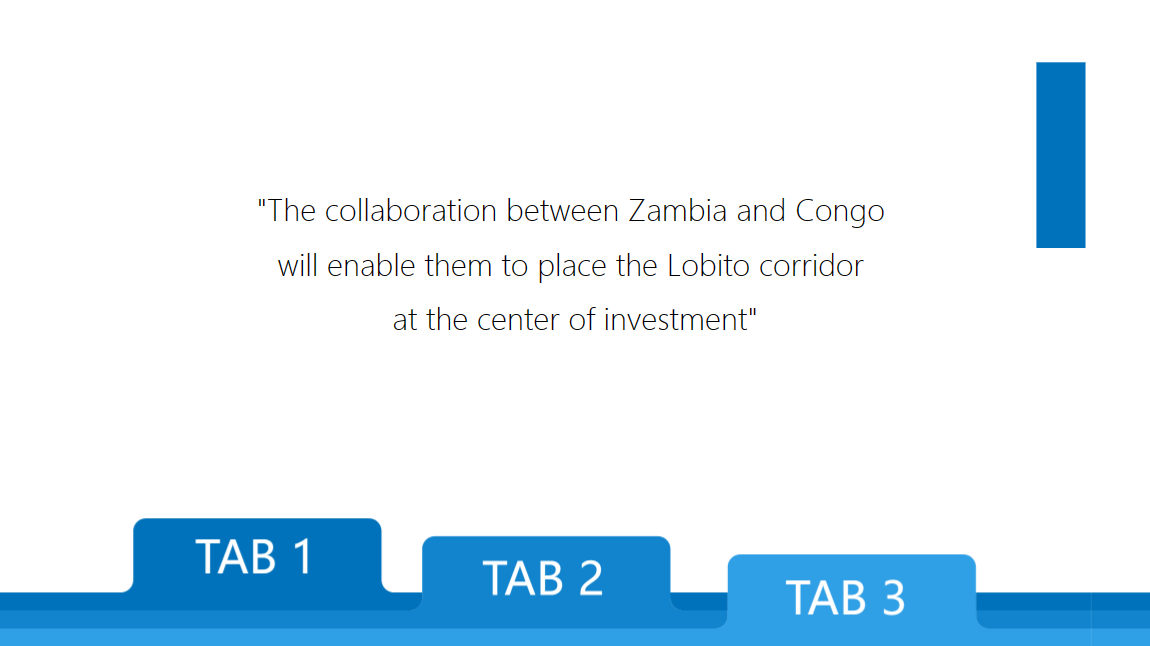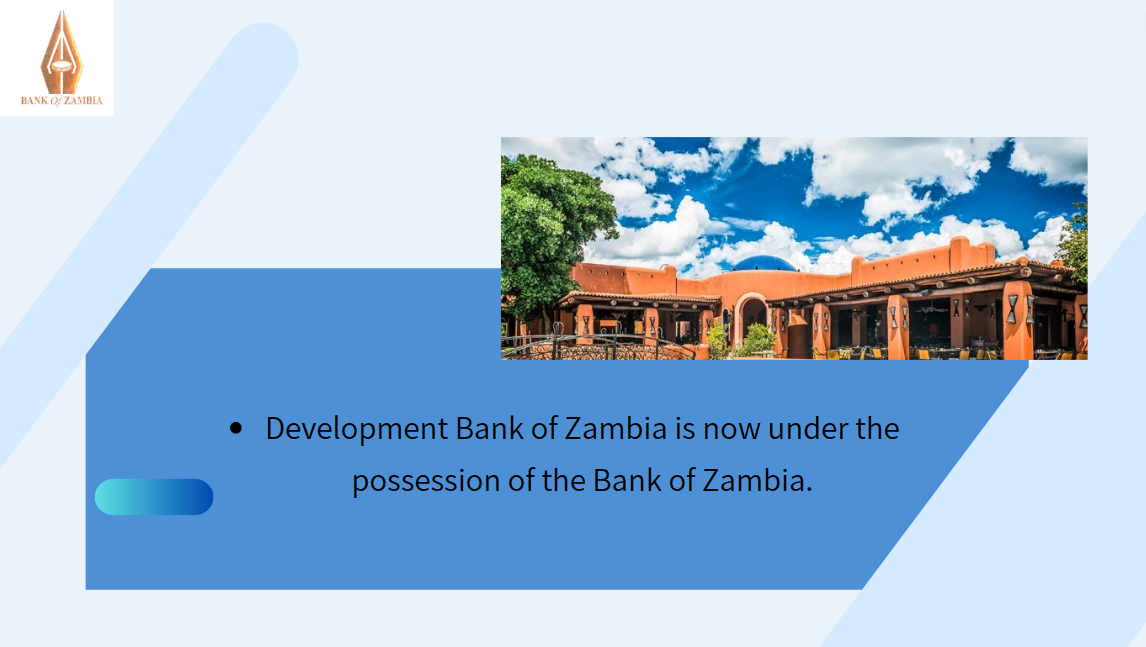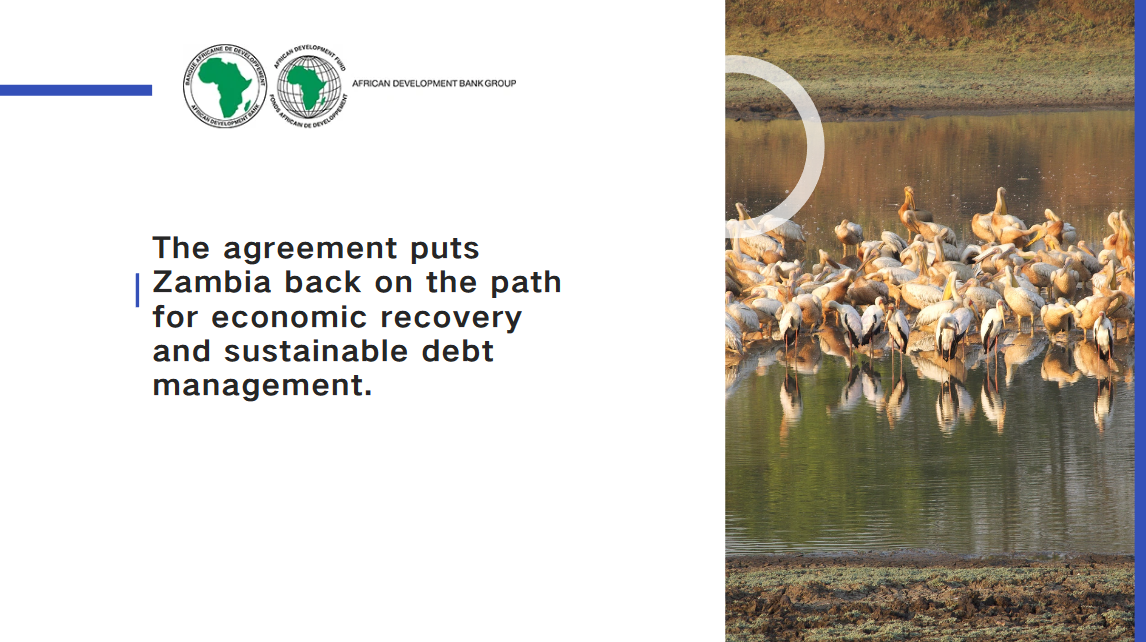Governor's Speech: Central Bank Governor's Symposium 2023
It is my singular honour and privilege to welcome you all to the 45th Annual Meetings of the Association of African Central Banks (AACB) and to this lovely city of Livingstone, our tourist capital. These Annual Meetings could not have been held in a better place than the home of one of the Seven Wonders of the World - The Victoria Falls, locally known as ‘Mosi-o-Tunya’, meaning the Smoke that Thunders. The serenity of the environment in Livingstone always stimulates active discussions and I hope this will be the case for these Meetings. As much as I understand that there are many challenges that we are facing as a continent, it is important to find time to interact, with the hope that this will be a good way to rejuvenate ourselves, as we ponder on the solutions. I, therefore, encourage you to explore what Livingstone offers before you return to your respective homes, with a promise to yourself that you will come back with your loved ones! Aside from the Victoria falls, Livingstone has several other interesting sites that will make your visit memorable.
Guest of Honour, the Bank of Zambia is hosting the Annual Symposium of the AACB for the first time in the 58 years history of the Association. This to us is a great honour indeed. The theme for this year’s Symposium is "Recurrence of Shocks and Macroeconomic Implications for African Economies: Challenges and Prospects for Central Banks". What a fitting theme indeed given what the global economy has been facing.
Looking at our continent specifically, over the past four years it has faced several shocks, including the recent COVID-19 pandemic, adverse climate and commodity price shocks, political instability, as well as armed conflicts. These shocks have increased in frequency and scale, significantly affecting our economies and the African Monetary Cooperation Programme. The Russia-Ukraine war just compounded the problem. These shocks have had severe macroeconomic implications that include the disruption to economic growth, hindering our efforts to reduce poverty, and impeding continent-wide development efforts and therefore slowing our pace towards macroeconomic convergence.
Against this background, central banks, working with fiscal authorities, have a crucial role to play in dealing with these shocks. It is our expectation, therefore, that this Symposium will to help us share views, experiences, and lessons learnt thus far on these shocks under the following themes:
1. Enhancing the Effectiveness of Monetary Policy in the Presence of Prevalent Supply Shocks;
2. The Role of Central Banks in Enhancing the Resilience of African Economies in the Face of External Shocks;
and 3. Exogenous Shocks and the Monetary Policy Transmission Mechanism: Challenges for Central Banks and the Way Forward.
One of the fundamental challenges we face is over-reliance on commodity exports, such as, minerals, crude oil, and agricultural products. This dependency has over the years made our economies highly susceptible to external shocks, making it difficult for most of our countries to meet our developmental goals, by, among other things, reducing the fiscal space, thereby constraining our ability to respond to shocks when they occur. Moreover, this has also tended to place undue pressure on monetary policy.
Climate change, particularly droughts, floods, and extreme weather events, is a significant exogenous shock causing disruptions to our economies. It affects agricultural productivity, which threatens food security and livelihoods, infrastructure, and electricity generation for those countries dependent on hydro. This, in turn, causes additional economic pressures, such as, higher inflation, to which central banks have to respond.
Furthermore, political instability and conflicts cannot be ignored as conducting monetary policy in such turbulent environments poses immense challenges, contributing to reduced economic output, high inflation, and soaring unemployment rates. Central banks in such environments face enormous challenges in maintaining price stability.
In conclusion, it is our hope that the outcomes from the deliberations at these Meetings will help our respective central banks, working with the fiscal authorities, to formulate policies that will mitigate these shocks and contribute to price and overall macroeconomic stability across the AACB Member Countries.
I thank you for your attention. God Bless!























































First, please LoginComment After ~